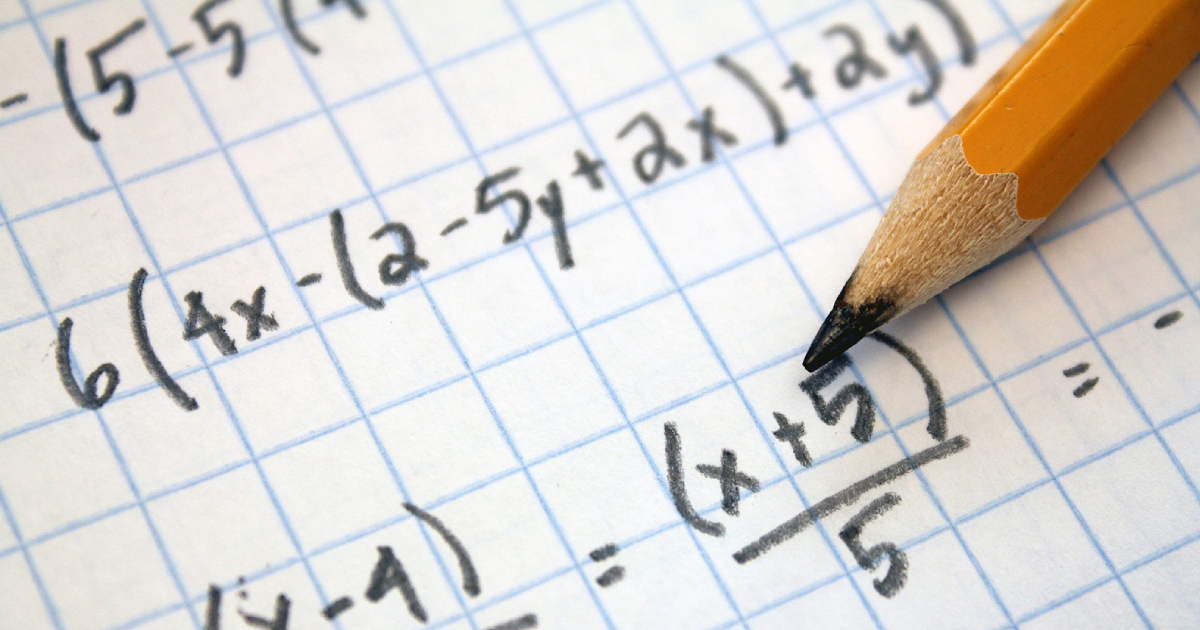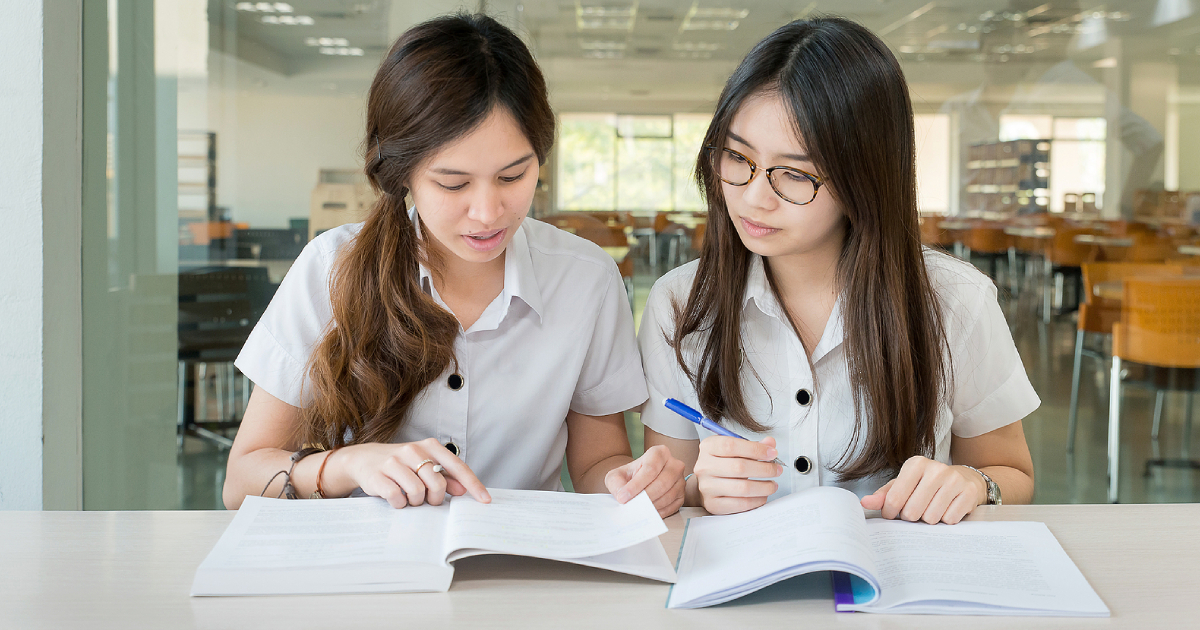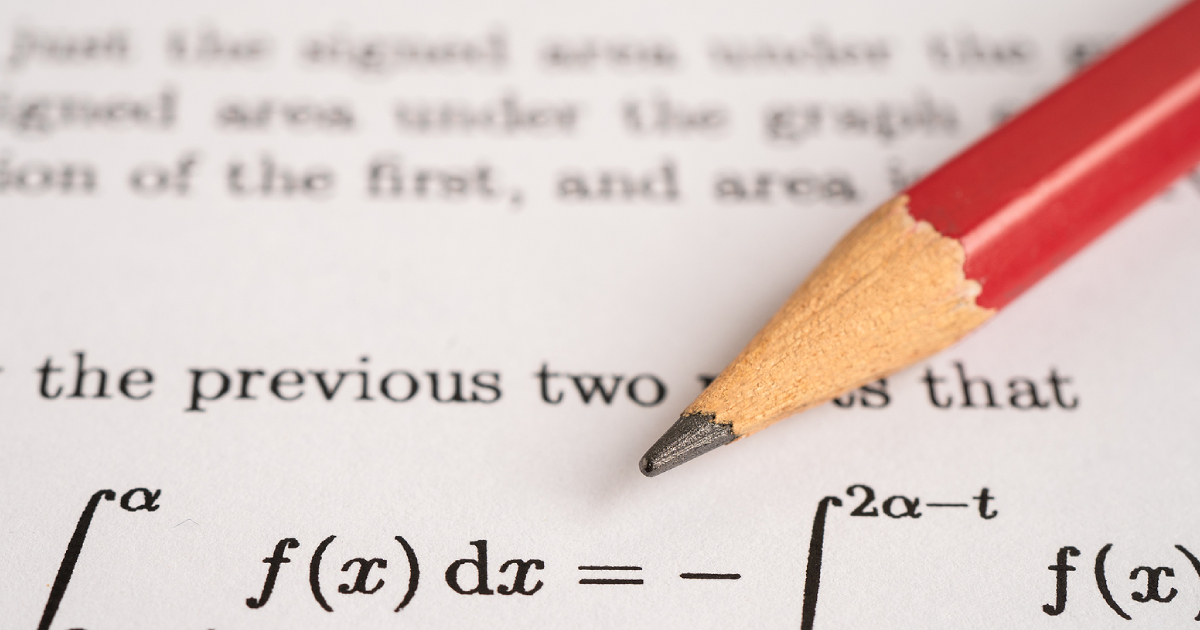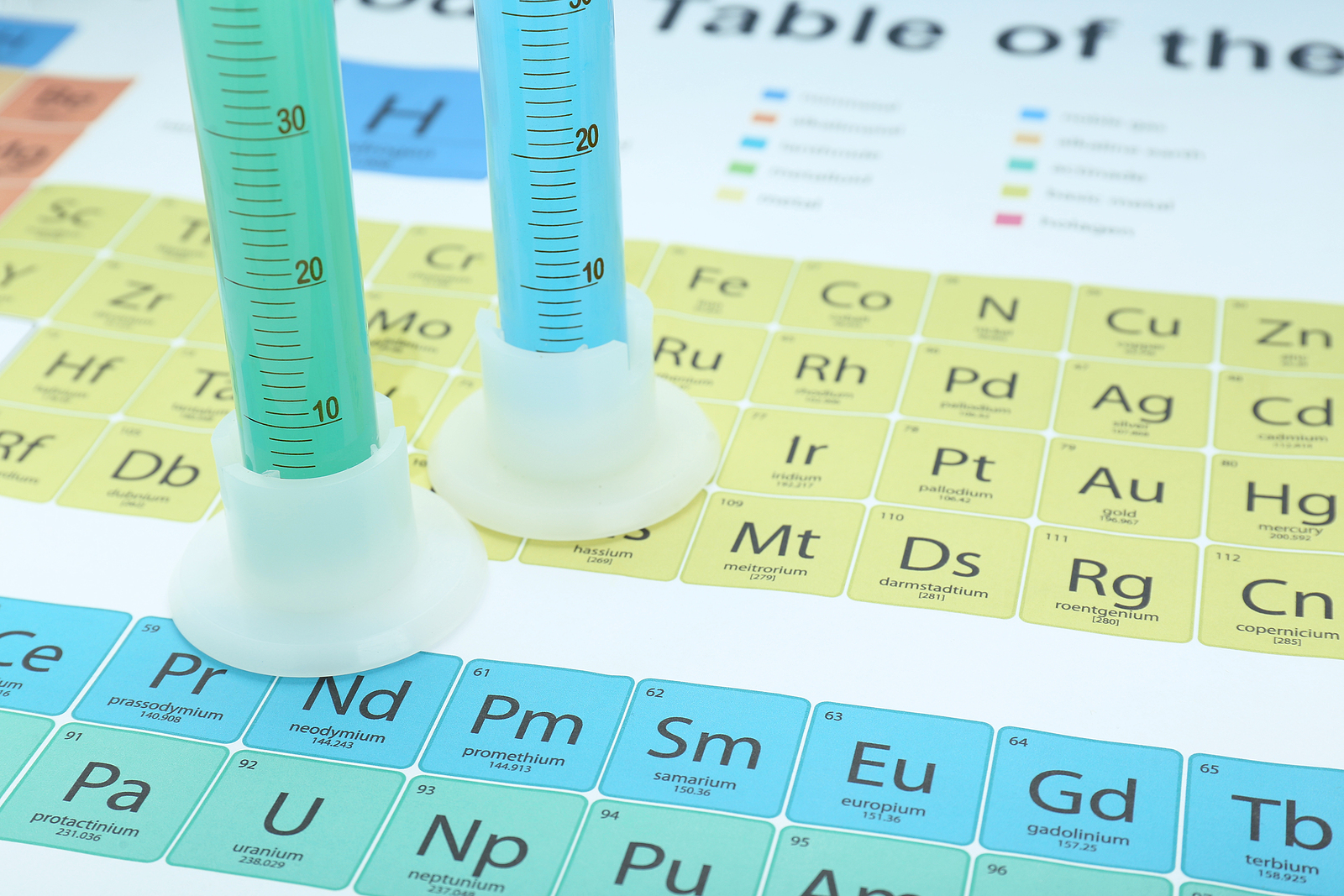Academic pressure in Singapore is no joke. From PSLE to A-Levels and the IB, students face a demanding educational journey. Math and chemistry, in particular, are subjects that many students find challenging due to their abstract concepts and cumulative nature. Yet, knowing when to seek extra help through tuition isn’t always straightforward. Parents and students alike often grapple with the question: when is the right time to enrol in math or chemistry tuition?
Noticeable drop in school performance
One of the clearest signs that it may be time for tuition is a visible decline in academic performance. If test scores or term grades in math or chemistry start slipping despite consistent studying, it suggests that the student may not be fully grasping the content taught in class. Since both subjects require a strong foundational understanding, a slip in one topic can snowball into broader difficulties. Tuition can provide the targeted support needed to help students bounce back from a low grade and rebuild their confidence in the subject.
Engaging a tutor early helps prevent this downward spiral. Whether it’s secondary school maths, A-Level chemistry, IB, O-Level, or IP chemistry tuition, addressing these gaps early on can make a significant difference. Tutors can provide more personalised explanations and additional practice that aligns with the student’s current school syllabus.
Struggles with conceptual understanding
Math and chemistry are conceptual subjects that rely heavily on understanding principles before applying them. In math, failing to understand algebra or geometry basics makes it hard to move on to calculus or trigonometry. In chemistry, weak fundamentals in atomic structure or chemical bonding can affect later topics like organic chemistry or stoichiometry.
If a student frequently says things like “I just don’t get this” or becomes frustrated with homework, it’s often a sign that classroom learning alone isn’t sufficient. Tuition provides a calibrated, more focused environment to work through difficult topics with an expert who can tailor the lesson to the student’s learning style.
Preparing for major examinations
Another critical time to consider tuition is when national or school exams are approaching. In Singapore, this includes the O-Levels, A-Levels, IB exams, and the IP integrated assessments. Students often need more targeted support to prepare effectively for these high-stakes tests.
For instance, working with an IB chemistry tutor familiar with the syllabus can help students understand what examiners are looking for and how to tackle tricky questions in their IB HL Chemistry exams. Similarly, for O-Level maths students, a good tutor can reinforce problem-solving techniques and teach time management strategies for the paper.
When school curriculum outpaces the student’s learning speed
The MOE syllabus is rigorous, and teachers have to cover a broad range of content within a short timeframe. Not every student learns at the same pace. Some may need more time to fully understand a concept before moving on, but classroom teaching may not allow for this flexibility.
Tuition serves as a useful support system to help students catch up without feeling left behind. It also offers a safe space to ask questions without fear of judgment, which is especially helpful for shy or introverted learners.
Aiming for academic excellence
Not all students seek tuition only because they are struggling. Some students are high achievers looking to maintain or further improve their grades. These learners benefit from enrichment that challenges them beyond the school curriculum.
Advanced topics, Olympiad preparation, or honing exam techniques are areas where tuition can offer value even to top-performing students. In this case, tuition is not remedial but strategic, helping them maintain their competitive edge.
When there’s a lack of confidence or motivation
Confidence plays a huge role in academic performance. A student who repeatedly scores poorly in math or chemistry may start to internalise these struggles and believe they are simply “bad” at the subject. This mindset can lead to reduced motivation and effort, creating a self-fulfilling prophecy.
A good tutor not only teaches content but also helps rebuild confidence. Through regular practice, encouragement, and small wins, students begin to believe in their abilities again. This can reignite interest in the subject and lead to better academic outcomes.
Transitioning between educational stages
Key transitions such as moving from lower secondary to upper secondary, or from secondary school to JC or IB, often come with a steep learning curve. The jump in content difficulty can catch students off guard, especially in subjects like chemistry where abstract thinking and application become increasingly important.
Starting tuition at the beginning of these transitions can provide a head start and reduce the stress associated with adapting to new academic demands. It’s not uncommon for students to find chemistry in JC or IB much more intense than they anticipated, making early preparation beneficial.
Studying in an international or alternative curriculum
Students enrolled in non-mainstream tracks such as the International Baccalaureate (IB), Integrated Programme (IP), or international schools may face different academic expectations. These curriculums often require a deeper level of understanding and independent thinking.
Specialised tuition ensures that students are not just studying more, but studying smarter. It also ensures alignment with specific assessment formats and expectations, which vary significantly from the mainstream syllabus.
Conclusion
The right time to enrol in math or chemistry tuition is unique to every student. It might be when difficulties begin to surface, when exam stress becomes overwhelming, or when the desire to excel calls for extra support. At Studious Minds, we provide tailored tuition that meets students where they are, helping them gain confidence, master complex topics, and achieve academic success. Whether you’re preparing for national exams or navigating the demands of an international curriculum, you’re never too early—or too late—to get the support you need.
Explore our programmes today and give your learning journey the boost it deserves.










